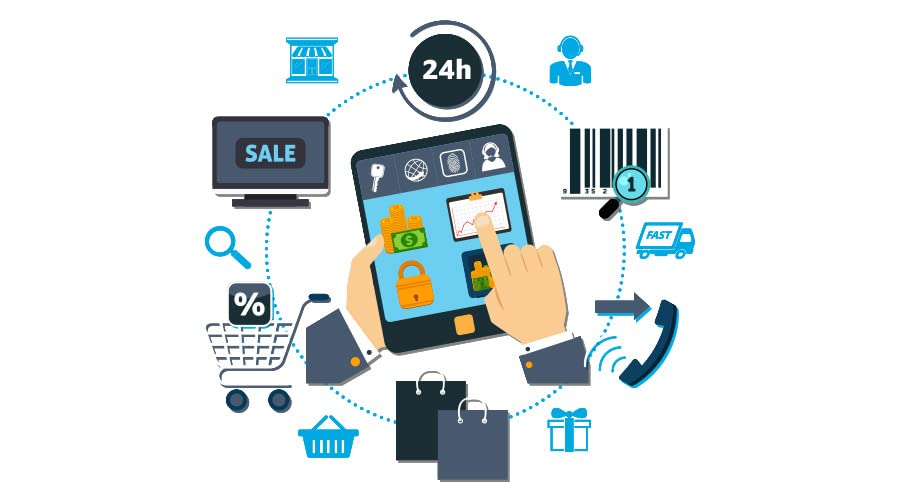Just ten years ago, the phrase “e-commerce” sounded like something fashionable, but not quite necessary. Today, it is difficult to imagine a business that has not thought about online sales. And we are not talking only about large online stores – digital transformation has affected everyone: from a local bakery to a large equipment manufacturer.
One of the key factors for success is the choice of a technology partner. For example, on the website https://dinarys.com/ you can find out how the company’s specialists help businesses scale in the online environment, offering individual solutions in the field of eCommerce, DevOps and UX/UI design.
E-commerce as a Growth Driver
Online trading is not about “putting out the product and forgetting about it.” It is endless work with feedback, reviews, metrics. People expect businesses to understand them without words: to suggest clothing sizes, offer discounts at the right time, and not forget to congratulate them on their birthday. All this can be done if you use data wisely.
In addition, online commerce simplifies testing new products and niches. A/B analysis, collecting analytics, and instant feedback from customers – all this allows companies to quickly adapt to demand and minimize risks.
Personalization and Data: New Fuel for Business
E-commerce provides access to a huge array of data. This is not just sales information, but behavioral patterns, interests, and geography of customers. Thanks to this, businesses can build targeted marketing campaigns, increase LTV, and reduce customer churn.
Modern platforms allow you to implement personalized recommendations, dynamic pricing, and an adaptive interface. All this increases conversion and strengthens loyalty.
Automation is a Business’s Best friend
Routine tasks (sending letters, accounting for orders, calculating delivery) – all this can easily be given over to automation. Previously, we did it manually and spent a lot of time. Now several integrations are available, and the system itself will tell you where logistics have sagged, and where it is time to launch a promotion.

CRM, ERP, WMS management systems are integrated into eCommerce platforms and effectively reduce operating costs. Moreover, technologies such as Headless Commerce, MACH architecture give companies flexibility and the ability to quickly implement changes without the risk of downtime.
Challenges That Companies Face
Despite the obvious advantages, eCommerce requires serious investments and a strategic approach. The main challenges are:
- High competition and price war;
- Difficulty in ensuring cybersecurity;
- The need to adapt to mobile devices;
- Logistics and returns in cross-border trade.
That is why it is so important to have a strong technology partner who will not only implement solutions, but also help the business adapt to the dynamic demands of the market.
The Future is Already Here
E-commerce is not just a trend, but a tool that can grow a business many times over. By investing in digital infrastructure today, the owner lays the foundation for sustainable growth tomorrow.
Companies that adapt and harness eCommerce to its full potential don’t just survive – they become industry leaders. The key is to use eCommerce strategically and consciously.
